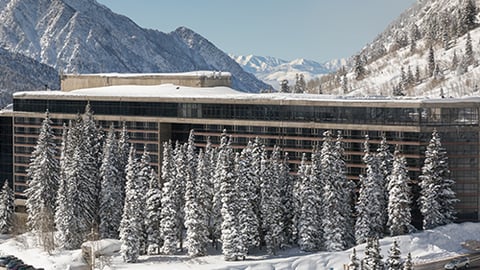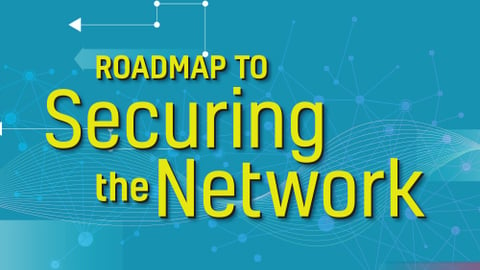How to Avoid Disconnected, Disgruntled Guests
From boutique to international brands, hoteliers continue to implement more digital offerings, such as keys, unlimited WiFi, smart TVs and kiosks, to meet the demands of always-connected guests. In order to do this properly, it’s imperative they remain connected to a strong and secure network. But this is often easier said than done, especially for hoteliers who are introducing new digital technologies at a rapid pace for a large volume of guests. This article from Accelerated Concepts, a Digi International company, discusses some ways hoteliers can ensure a speedy, strong and secure connection to avoid the side effects of disconnected, disgruntled guests.
Set Up Separate Networks to Protect Guest and Hotel Data
From the moment they arrive on property to the time they check-out, guests expect to access high-speed Internet. As more and more guest devices like phones, laptops and wearables are connecting to a hotel’s network, this also poses an increase in the risk of security threats. In 2016, the average cost of hotel data breaches sat at $4 million. This not only hurt hotel pockets, but also impacted their brand reputation and rocked consumer confidence. Also, in 2016, the Identify Theft Resource Center (IRTC) noted 1,093 reported hotel data breaches, a 40 percent increase from 2015.
Hotels are especially at risk for POS breaches, as payment card data is used throughout each hotel location on multiple terminals to share card information throughout the hotel. Customer card information is also shared with the hotel before guests arrive through the booking process, giving cybercriminals multiple avenues and points of entry for malware attacks.
Hoteliers can take security measures to the next level by offering multiple networks with distinct connectivity routes for primary and secondary networks. Doing so leverages network diversity, guaranteeing continuity for hoteliers and their guests, all while ensuring confidential data remains inaccessible, separate and protected. For example, hoteliers can set up POS systems to operate on a separate network than digital keys and in-room WiFi, keeping the networks and their operations separated.
Leverage an LTE Router for Backup Connection
Hoteliers shouldn’t rely solely on their primary landline-based connection and should implement a cellular failover solution, which helps avoid costly outages and frazzled guests. A failover solution acts just as a hotel generator would, if and when the primary source fails, the failover cellular networks automatically kick in to ensure continuity.
Having a wireless connection, in the event of disconnection, ensures connections automatically switch to LTE. A “four-nines” connection, which is offered by most wireless operations, ensures 99.99 percent reliability. Simply put: when a fixed line goes down, a hotel has guaranteed connectivity for their property.
On-property wireless routers also have the ability to connect with multiple carriers, which is advantageous if one network is down or if an area has spotty coverage from a carrier. An LTE router also allows for scalability across hotel locations and allows for synergy with administration and implementation. Network technicians can monitor and make repairs remotely, reducing the cost of repair times, network downtime and overall cost from the hotel when we consider the time it takes for a technician to travel and complete network repairs onsite.
Today’s hotel guests expect an always-connected, homelike WiFi experience and want to automatically connect when they arrive on property, login and remain connected for the entirety of their stay. Not to mention, lightning fast speeds for streaming and sharing their travel photos to friends and family on social, and a secure connection to share files and personal information while working away from home, is especially important.
As each person, on average, owns four connected devices, the “always-connected” experience becomes the responsibility for hotels to ensure a five-star guest experience and build customer loyalty. As we’re seeing this shift, hoteliers are becoming more dependent on connectivity for simple, day-to-day operations and to offer enhanced service to their guests.
With proactive connectivity solutions available, there’s no reason for hoteliers not to take advantage, not only to provide better service for their guests, but also for improved day-to-day operations and decreased internal costs, as well. Many solutions are now easy to set up and maintain, offering hoteliers peace-of-mind knowing that if their primary connection goes down, their business and guests won’t have to go down with it.


